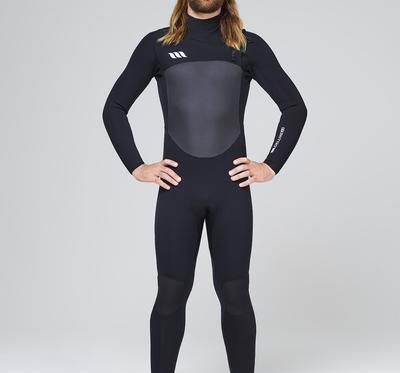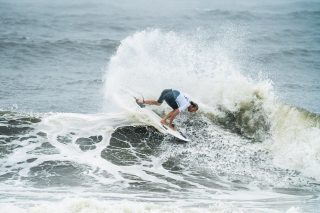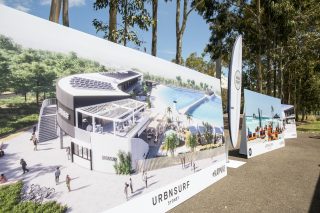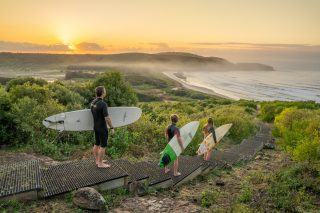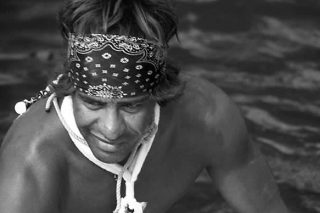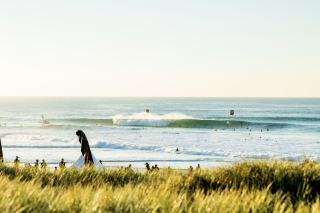ASB MAGAZINE: Dragon Eyewear will roll-out of their proprietary Lumalens lens technology into the brand’s line of performance sunglasses. All new and key carryover sunglass styles will be produced using the brand’s latest innovative lens offering. Already used throughout Dragon’s snow goggles since 2016, Lumalens brings Dragon’s sunglass collection to life in high definition through intensely vivid colour optimisation, razor-sharp clarity, and remarkable depth perception. By filtering out light attributed to haze and glare while amplifying the light that intensifies clarity.
Additionally, all of Dragon’s new and key carryover injected sunglasses (and ophthalmic frames) will be produced using a bio-based resin made from castor bean oil.
“As a leader in the performance and lifestyle eyewear category, the expansion of our exclusive Lumalens technology into our sunglass collection allows us to take another major step forward to enhance our offering across multiple categories,” said Lauren Makofske, Global Brand Director of Dragon Alliance. “At the same time that we introduce Lumalens to our injected sun offering, this is also the first season these frames will be produced with our new eco-friendly, plant-based resin material, simultaneously asserting the brand’s commitment to innovation and social responsibility to bring more sustainable practices to the brand’s eyewear business.”
We caught up with Dragon Alliance Director / Retail Division, Mark Hudson about the new Lumalens technology, roll out plans and the key drivers of the bio-resin line.
Will the new bio-resin line be limited to certain styles?
MH: All of the base material of our frames, going forward will come from the plant-based resin. It’s something the R&D team have been working towards for quite awhile, and it’s not limited to any certain colours, it’s across the entire line.
Was the shift to plant based resin something which was consumer driven or athlete driven ?
MH: There’s definitely a movement, as you’ve reported in previous ASB articles that referenced Patagonia and those consumer insights (Read ‘Green is The Bottom Line – Not The Top Dressing‘) and consumer preferences based on the values of those companies. At a global level, Marchon have taken the initiative looking at a number of their brands to make sure that there’s continual improvement in our supply chain and environmental aspects, importantly the materials we are using.
Perhaps the most exciting part of the bio-resin line is Marchon working with a specific group based out of India (the Pragati Project) Dragon sources its castor beans from Pragati Project farmers. The Pragati Project is a program aimed at improving the quality of life and increasing incomes for farmers by teaching them how to produce higher yields and preserve the environment through water and soil conservation.
How long has this been in the production pipeline. I get the feeling this wasn’t something that happened overnight .
MH: Absolutely. It’s been over 2 years and it’s something the company wanted to make sure was a long-term ongoing play, as opposed to isolating a certain brand or portfolio. It began with the supply chain initiatives but we also want to ensure that the quality of the product was maintained, whilst looking at sustainable farming practices and the overall change in production process.
What can we expect from a marketing standpoint?
MH: There’s a number of elements in the go-to-market around the new line. Central to that is the product, so we’ve got a lot of call outs and logo lockups for the bio resin line. That will be clearly identifiable in the cabinet, and easy for retail staff to distinguish between the products. Importantly, we’ve got a print campaign and VM throughout all the stores, as well as video assets that will be rolled out this month.
Are you passing on any of the costs associated with these supply chain initiatives to the customer?
MH: No there isn’t, Dragon is absorbing the cost of this new production method and therefore it’s not being passed on to the customer. Which is fantastic, but also for retailers as well. We’ve had phenomenal feedback so far and we’re ensuring this is communicated to staff on the floor. Separate to that, we’ve got a new lens technology (Lumalens) which will see a AUD$10 price increment. But with the introduction of the bio-resin line, no there is no increase in price. Specifically, around the Lumalens campaign we wanted that associated with Mick, which is really important for our market.
Can you tell us what the green leaf symbolises?
MH: All the new products will feature the green leaf logo and is indicative of new life and it’ll appear on point of sale items and POP that is being shipped to our core surf channel retailers now. The image also reflects that of two surfboards. That messaging began on September 1 and will appear on our social channels throughout the month.
Dragon recently became involved with Lipped Podcast too
MH: Tom Wright has been integral to that project with Lipped podcast. The important thing about that partnership was we wanted an authentic channel to continue the mental health message and conversation we started with Dragon’s Mental Challenge last year. We wanted to continually reinforce that message and the guys at Lipped have done a really good job at that.
Anything else?
MH: Lumalens is an important initiative, all of the new product line will transition to that light optimisation technology. Its had phenomenal feedback from retailers and consumers, so it’s great to be able to offer that new addition to the sunglass business as well. We had a staggered release in the lens colours in snow and we’ll be doing the same across sunglasses.
We’re launching our new website, which went live at the time of the launch of Lumalens. There are a few events in the USA to kick off the new line, around the third PMI which is the launch of the Rob Machado Collection, in Southern California later this month.
Thanks Mark…
